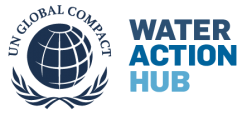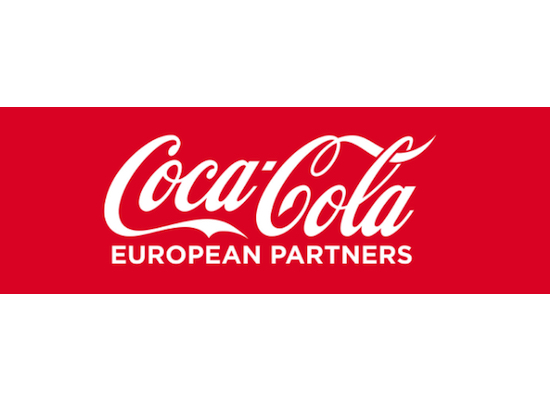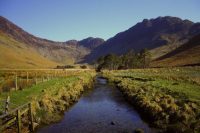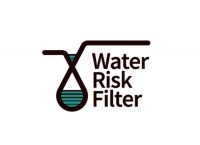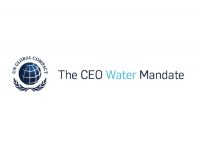Primary Functions
- Learn how Coca-Cola European Partners (CCEP) collaborated with suppliers to reduce their value chain water footprint.
Detailed Description
Since the introduction of the Cola Coca Company’s Sustainable Agriculture Guiding Principles (SAGP) in 2013, farmers and producers working with CCEP have benefitted from external certification and more efficient resource use, whilst CCEP has gained supply chain security. The SAGP support CCEP’s overarching commitment to sustainability across all operations, partly as a response to trends in ethical consumption and agreements such as the SDGs, but predominantly to shore up a reliable long term resource base.
Through multiple water footprint studies, CCEP established that roughly 80% of their value chain water footprint originated in agricultural ingredients such as beet and cane sugars, fruit juices, coffee, and pulp and paper products. Some of these, such as sugar beets, are grown in Europe; however, many are imported from around the world.
CCEP has committed to sustainably source 100% of their priority agricultural ingredients by 2020. The SAGP include sustainable sourcing standards to which suppliers and producers must adhere. In 2015, CCEP began working with suppliers and third-party frameworks to establish programs to help engage farmers. CCEP also works with suppliers and partners to develop tools for monitoring compliance.
By working with suppliers, third party frameworks, and partners such as the Sustainable Agriculture Initiative and the Rainforest Alliance, programs to help farmers comply with the SAGP (and tools to help monitor their ongoing compliance) were developed more effectively than would have been possible working in silo.
As CCEP has only recently merged from three independent Coca Cola bottlers, there are many distinct standards and programs throughout the value chain. These will need to be consolidated moving forward, and more research into potential collaborative external relationships will help CCEP in achieving its sustainability goals.
CCEP now needs to engage with suppliers of other commodities (fruit juices, coffee, pulp and paper) to the same degree as they have with cane and beet sugar producers if they intend to replicate the successes that they have seen with their citrus supplier, FRUSA. In some places, the sustainability component is well embedded already (140 suppliers across Belgium, France, UK, Netherlands, Norway and Sweden took part in the Carbon Challenge program) and replicating this behavior among the rest of CCEP’s producers will be a key strategic goal moving forward.
